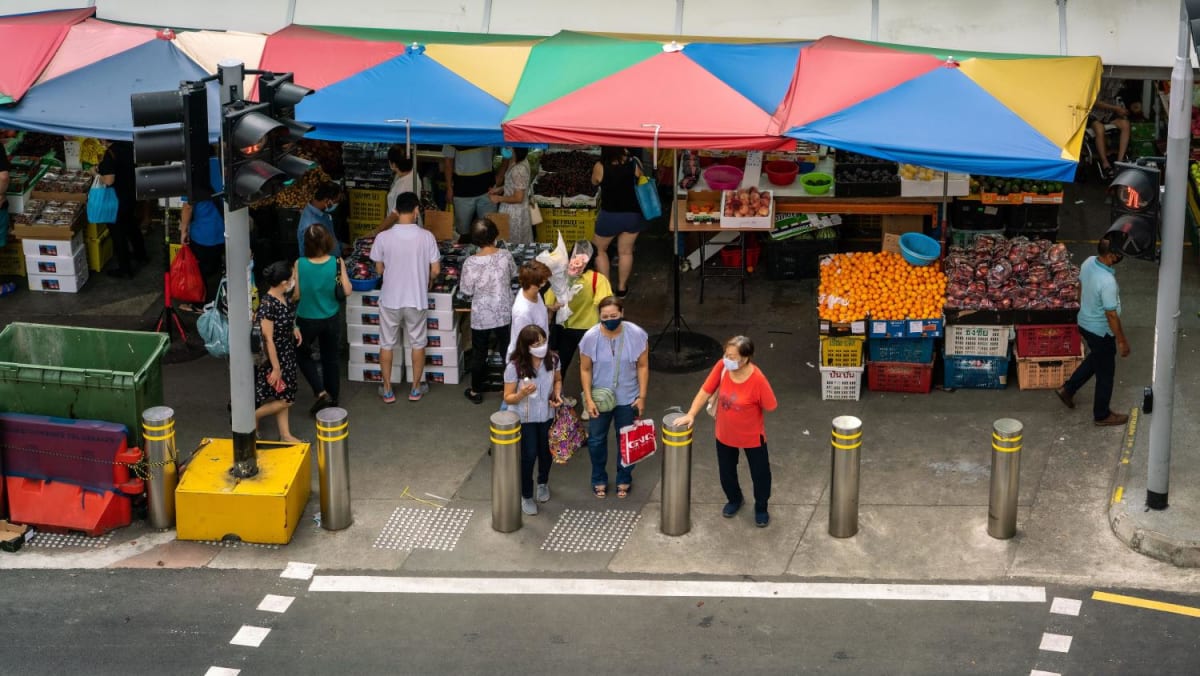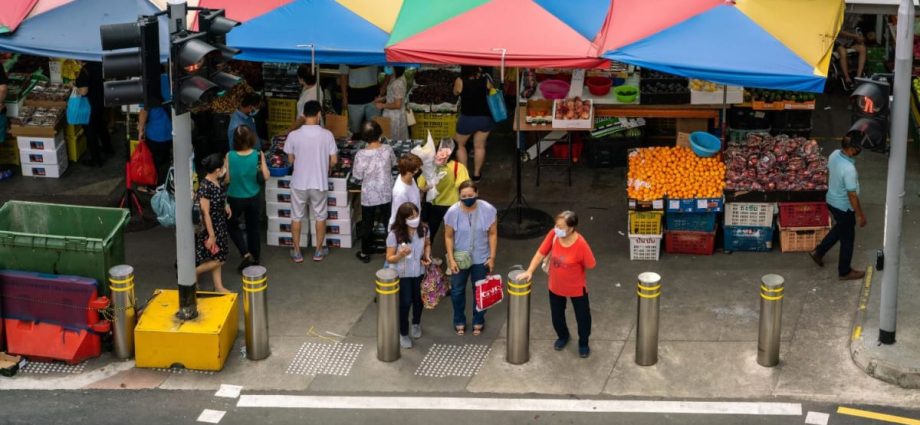
INCREASED SALARIES FOR LOCALS
With the Workfare scheme, various aspects have been tweaked over the years, including the age criteria and size of payouts.
Mr Wong said that raising the qualifying income cap “ensures that we continue to cover lower-wage workers, even as their wages grow”.
The higher income cap will also apply to the Workfare Skills Support scheme, which encourages lower-wage workers to go for training.
The increased payouts from next year will see the maximum payment – for persons with disabilities and workers above 60 years old – go from S$4,200 per year to S$4,900 per year.
Workers aged 35 to 44 will also receive up to S$3,500, an increase of S$500.
On Friday, Mr Wong also announced that companies that hire foreign workers will also need to pay locals more to keep pace with wage growth.
The local qualifying salary will be raised from S$1,400 to S$1,600 for full-time workers from Jul 1.
Minimum hourly rates will increase from S$9 to S$10.50 for part-time workers.
The foreign worker quota computation will depend on the number of local workers being paid the new qualifying salary.
For employers who are raising the wages of low-income workers, the government is providing more support than previously announced.
In 2022 and 2023, the government co-funded up to 75 per cent of wage increases. That was set to taper to 30 per cent this year.
Mr Wong announced that the government will now co-fund up to 50 per cent of wage increases for 2024.
In 2025 and 2026, the government will also raise the wage ceiling to qualify for co-funding to S$3,000, up from S$2,500.
“To provide for these enhancements, I will top up the (Progressive Wage Credit Scheme) fund by S$1 billion,” the Finance Minister said.
HIGHER HEALTHCARE SUBSIDIES
The per capita household income thresholds will be updated to provide more support, added Mr Wong.
More than 1 million Singaporeans will receive higher subsidies for healthcare and associated social support.
The monthly per capita household income threshold for each subsidy tier will increase between S$100 to S$800. These apply to services and schemes such as MediShield Life and CareShield Life Premium Subsidies or the Community Health Assist Scheme.
These changes will come at the cost of an additional S$300 million per year. Service providers will automatically extend subsidies to those who are eligible.
“No one will be denied appropriate healthcare and social support because they are unable to afford it,” the Ministry of Finance said.

